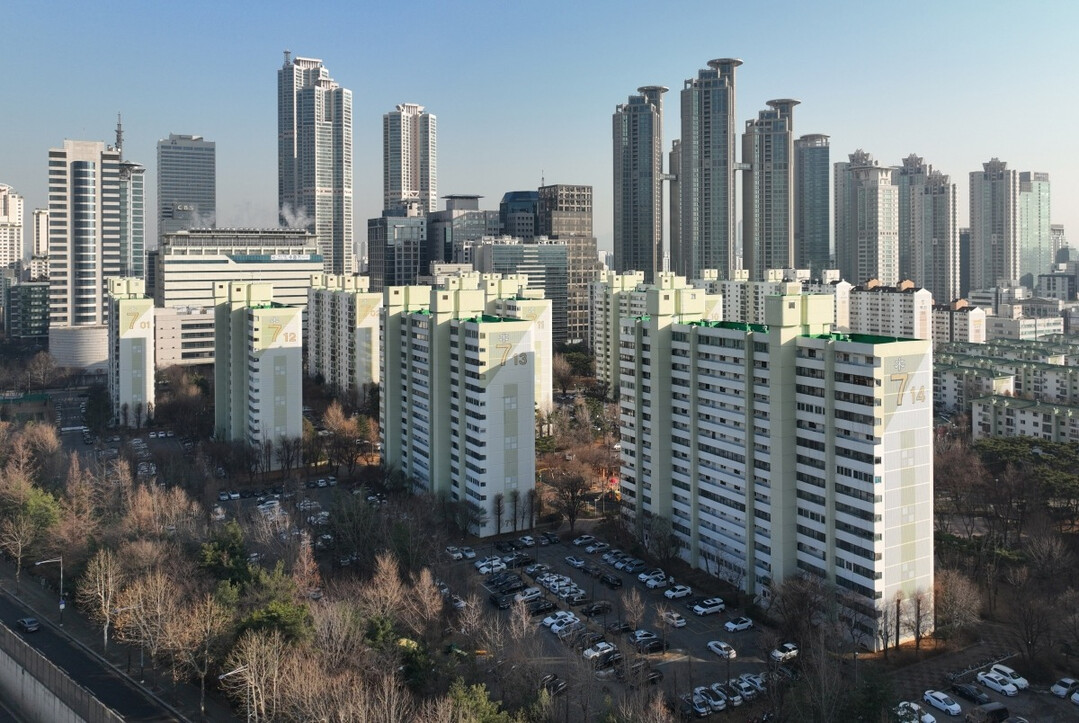
Seoul, South Korea – The South Korean government's decision to adjust property assessment values based solely on market fluctuations in the coming year is set to increase property tax burdens for homeowners, particularly in prime districts like Gangnam, Seocho, and Songpa.
The property assessment value, a key factor in determining property taxes, is calculated by multiplying the market value by a reflection rate. Even if the reflection rate remains constant, a surge in market prices will lead to higher taxes.
A recent analysis by the Maeil Business Newspaper, commissioned by Woo Byung-tak, a real estate expert at Shinhan Bank's Premier Pathfinder, estimates that property taxes for major Seoul apartments could rise by 10% to 30% next year.
For instance, the estimated property tax for an 84 square meter unit at the prestigious Acro River Park complex in Banpo, an area that experienced significant price increases this year, is projected to be 14.079 million won in 2025, a 21.3% increase from the 11.608 million won paid this year. Similarly, the neighboring complex, Raemian Persiage, could see its property tax for an 84 square meter unit jump by 38.8% to 13.311 million won from 9.588 million won.
The government's plan to base property assessments solely on market fluctuations is a departure from the previous administration's policy of gradually increasing the reflection rate to 90% by 2035. However, the rapid rise in property prices and subsequent tax increases have prompted the current government to reconsider this approach.
While the government aims to simplify the property assessment process, the proposed changes have faced opposition from the Democratic Party, which argues that the move could undermine tax fairness and disproportionately burden homeowners in high-priced areas.
As a result, the government is considering a temporary measure to freeze the reflection rate for 2025, pending the passage of legislation. However, experts believe that even with a frozen reflection rate, property taxes are likely to increase due to the continued rise in market prices.
The final property assessment values for 2025 will be announced in March next year. The government is closely monitoring the property market and may adjust its policies accordingly.
[Copyright (c) Global Economic Times. All Rights Reserved.]






























